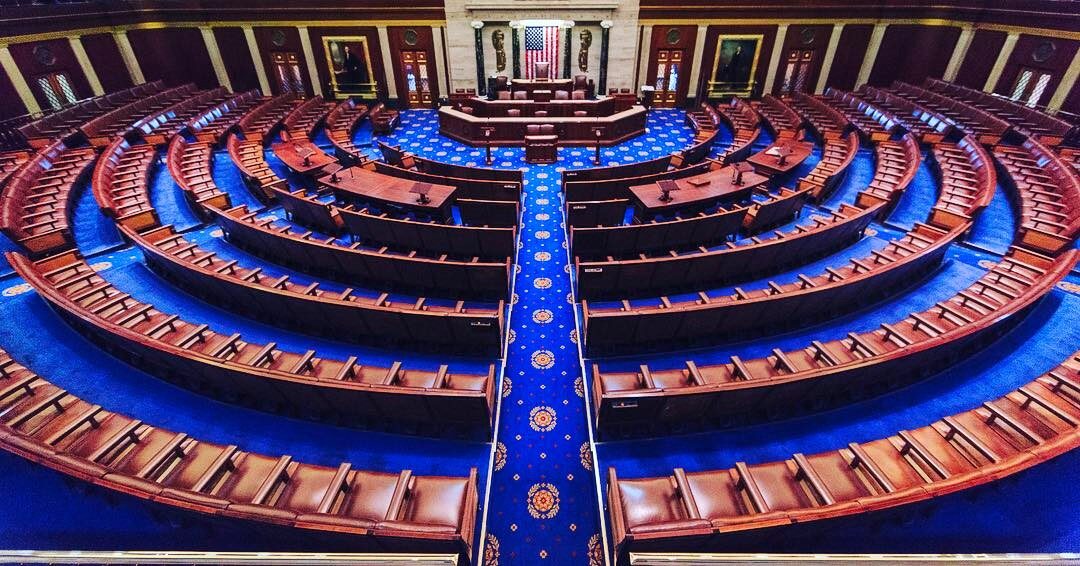From ESS-news
Lengthy interconnection queues remain a major roadblock to deploying energy storage; in 2024, an estimated 139GW of storage capacity sought connection to the American grid.
“Interconnection isn’t a black hole,” said John Gardner, a senior project manager for distributed energy resource interconnection engineering at Xcel Energy. Gardner was one of five experts who spoke on a panel at Intersolar and Energy Storage North America focused on the interconnection processes.
“There are actual people working behind the scenes to improve timelines, maximize efficiencies and help developers regain trust,” he added.
Emily Dalecki, a renewable energy policy analyst at the National Renewable Energy Laboratory, and her team worked with developers to collect interconnection data from 1,600 jurisdictions and 220 utilities across 38 states; requirements varied widely.
“Most utilities are complying with regulations about [interconnection] timelines, but short timelines do not always coincide with stringent requirements,” Dalecki said, adding that long timelines also don’t necessarily mean weaker regulations. “It’s more nuanced.”
The lack of clarity standardized interconnection processes can cause confusion, leading to significant challenges for developers and inefficient queue management.
“Our main goal is to empower developers with the tools and knowledge necessary to navigate interconnection as smoothly as possible while maintaining system reliability,” said Gardner.
Panelists also emphasized the need for long-term grid planning.
The article continues on ESS-news…
This content is protected by copyright and may not be reused. If you want to cooperate with us and would like to reuse some of our content, please contact: editors@pv-magazine.com.









By submitting this form you agree to pv magazine using your data for the purposes of publishing your comment.
Your personal data will only be disclosed or otherwise transmitted to third parties for the purposes of spam filtering or if this is necessary for technical maintenance of the website. Any other transfer to third parties will not take place unless this is justified on the basis of applicable data protection regulations or if pv magazine is legally obliged to do so.
You may revoke this consent at any time with effect for the future, in which case your personal data will be deleted immediately. Otherwise, your data will be deleted if pv magazine has processed your request or the purpose of data storage is fulfilled.
Further information on data privacy can be found in our Data Protection Policy.